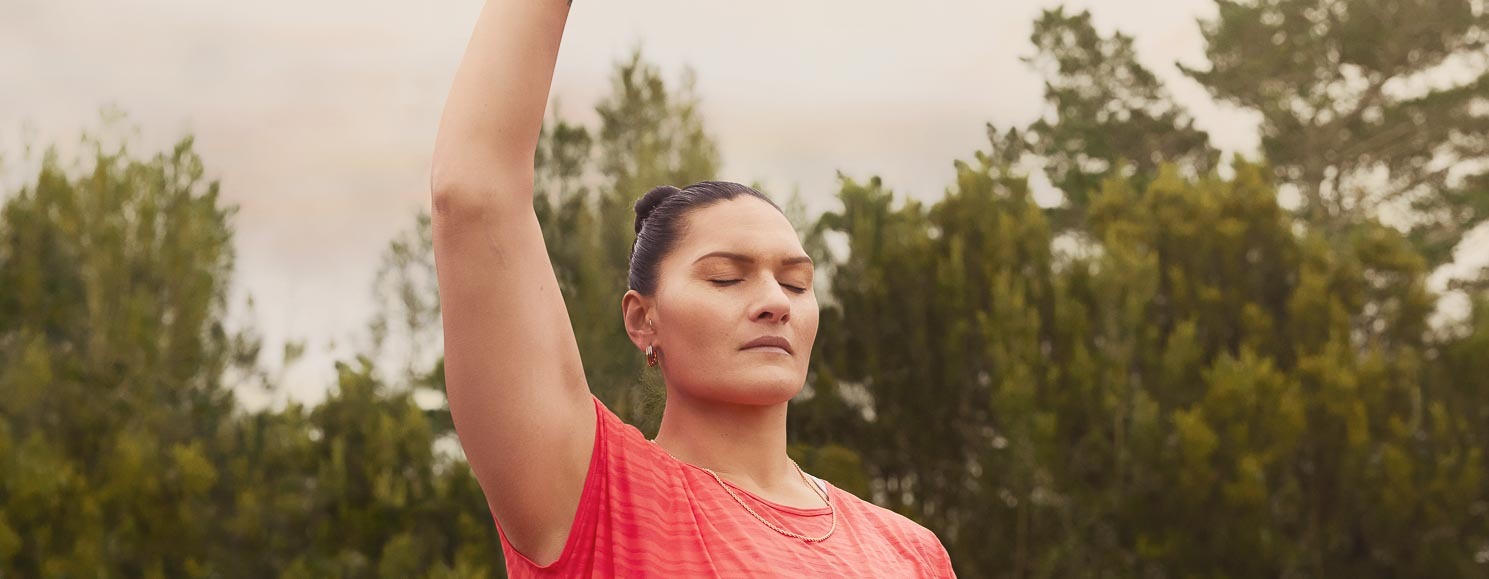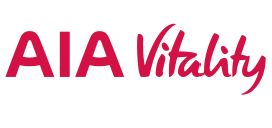Life Insurance
Lump sum payment if you were to pass away or are diagnosed with a terminal illness.
Dame Valerie Adams - 5 min read
25 November 2020
For AIA Vitality Ambassador Dame Valerie Adams, ‘confidence’ isn’t something that people either do or don’t have. It’s something they can develop through the experiences, choices and challenges they face in life.

So there’s this 14-year-old girl. She’s six-foot-four – even taller than the teacher! – and she’s just trying to fit in with the world, with other people, with the popular group at school. But she just feels like she’s not accepted. She gets bullied a lot.
Her name is Valerie Adams – and that was me. That was my experience at school.
Having your confidence knocked as a kid is pretty damaging. And I think it happens to most of us in different ways. Some of us were bigger kids, some were smaller, some looked different, some talked different – it doesn’t really matter what it was. Fact is, we’ve all felt like that at some stage in our lives. But that’s not what matters. What matters is how we move past it.
I found my refuge on the sports field. That was the place I felt wanted – where I felt normal. I felt confident because my size and strength were a plus. I could utilise my physical being in order to help me succeed.
It was an incredible discovery for me but still, as soon as I stepped away from the sporting arena, all of that confidence vanished. I’d go from being the one that everybody wanted on their team, the popular one, back to the girl with size 14 feet. It was difficult, flipping between these two different versions of myself.
"Building confidence is a process."
But as I got older, I slowly began to learn that there aren’t “two versions” of me at all. There is just one. And if that girl can go out there and dominate, and be confident and resilient on the sporting field, she can damn well do it in everyday life too.
Building confidence is a process. It involves being exposed to difficult and challenging situations, day after day, year after year, and gradually building this understanding that you can overcome things.
When we were kids, mum would try and feed five mouths on $40 a week. I lost both my parents young, I’ve been through a divorce, I’ve been really sick, I had my son premature and now he’s been diagnosed with type 1 diabetes. I’ve dealt with a lot of difficult things in my life. And I don’t believe for a second that I deserved it, but I do believe I’ve been dealt these things because I can handle it.
I think, when it comes to confidence, that a lot of us believe that you need to be confident before you do something difficult or challenging. When really, I think confidence comes from exposing ourselves to difficult or challenging situations.
When my son was first diagnosed with diabetes, it was a shock to the system, and there was this whole grieving process. I tried to explain how I felt, but I couldn’t. It was such a lot to take in – having to give him insulin, having to monitor him to make sure his blood sugars don’t drop, it was a lot. And of course, I was terrified. It was all so overwhelming.
"You don’t need to fake it."
But you keep doing it. You keep repeating the same processes, the same daily routines, over and over, because you don’t have a choice. So gradually that confidence, the confidence in myself to be able to manage this, it begins to grow. But the confidence only comes through the action of doing the difficult thing – from the repetition, the experience and the exposure to it.
There’s that saying of “fake it till you make it”. I think that can work in certain situations, but I also think there’s value in being genuine with people. If you’re doing something new, and you don’t feel confident, let people know you’re nervous. You don’t need to fake it. It’s so much easier for people to connect with you, and for you to get support, if people know where you’re at.
The point is: confidence isn’t something that you just do or don’t have. It’s the result of exposing yourself to experiences, challenges and choices that test that muscle. Maybe it’s just being more assertive at work, or joining a gym for the first time, going for your very first run or trying something that’s totally new to you: confidence comes over time. It doesn’t just turn up one day and say “kia ora”.
So next time you’re doing something scary and need a confidence boost, think about those difficult or challenging times you’ve been through in your life: chances are, you’ve already proven to yourself that you’re capable of so much more than you give yourself credit for.

This content is sponsored by AIA Vitality NZ
AIA Vitality is a personalised, health and wellbeing programme that supports you every day to make healthier lifestyle choices.
Disclaimer:
The information in this article is general information only and is not intended as financial, medical, health, nutritional, tax or other advice. It does not take into account any individual’s personal situation or needs. You should consider obtaining professional advice from a financial adviser and/or tax specialist, or medical or health practitioner, in relation to your own circumstances and before acting on this information.